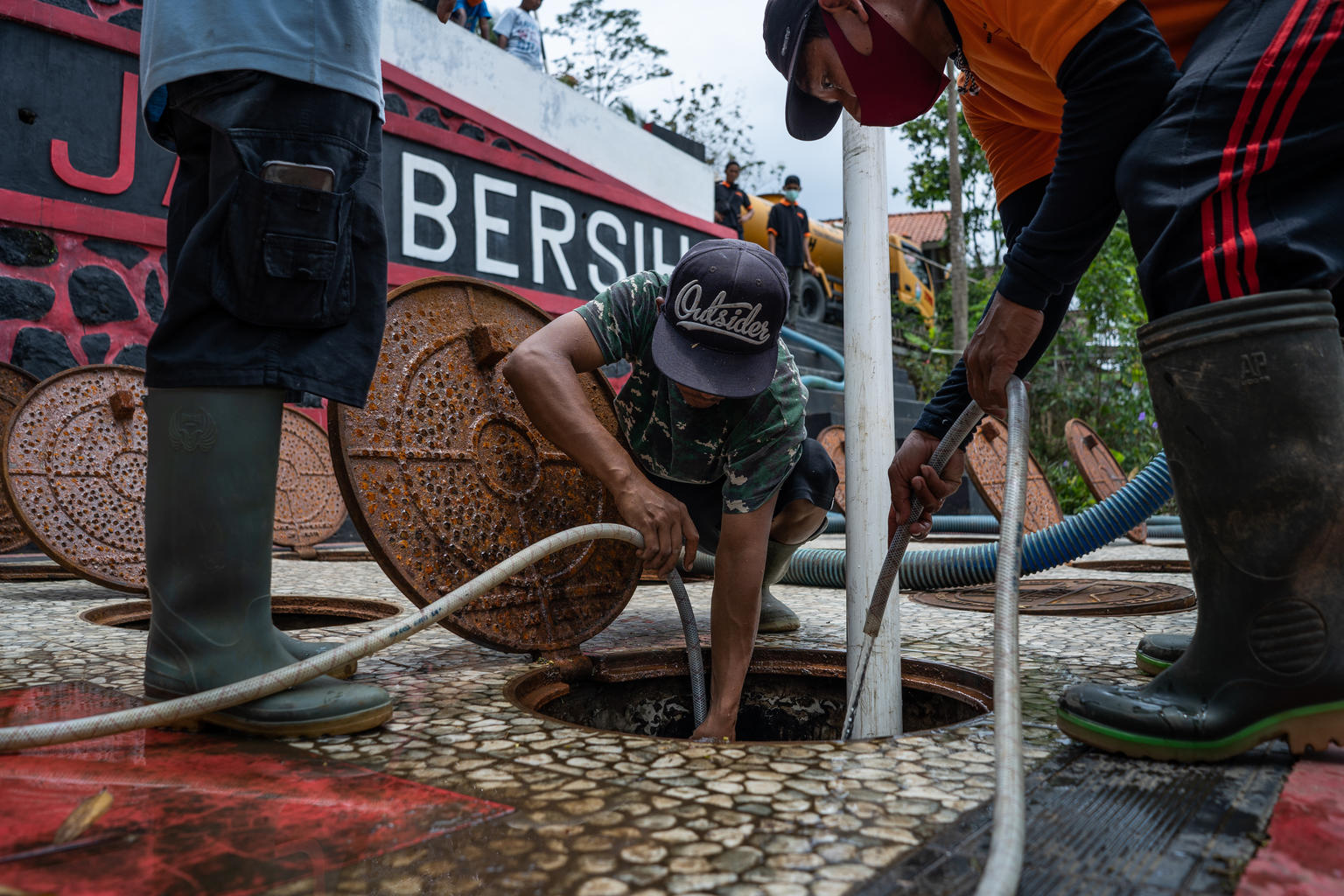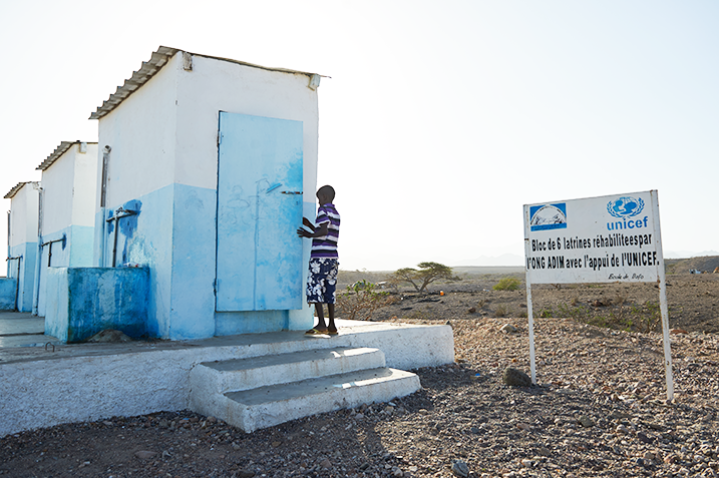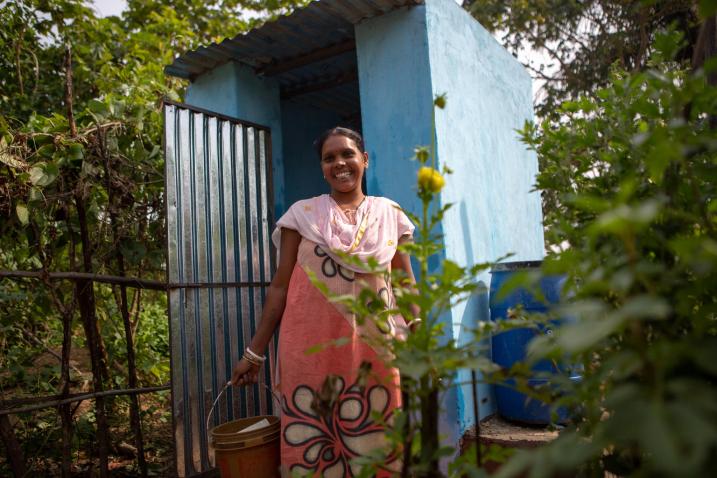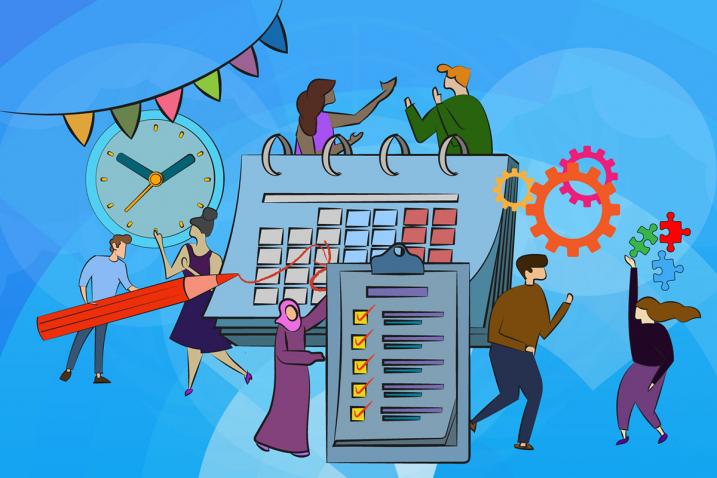Groundwater and sanitation – making the invisible visible
World Toilet Day 2022 focuses on the impact of the sanitation crisis on groundwater.
This observance, held annually since 2013, celebrates toilets and raises awareness of the 3.6 billion people living without access to safely managed sanitation. It is about taking action to tackle the global sanitation crisis and achieve Sustainable Development Goal 6: sanitation and water for all by 2030.
The 2022 campaign ‘Making the invisible visible’ explores how inadequate sanitation systems spread human waste into rivers, lakes and soil, polluting underground water resources.
However, this problem seems to be invisible. Invisible because it happens underground. Invisible because it happens in the poorest and most marginalized communities.
Groundwater is the world’s most abundant source of freshwater. It supports drinking water supplies, sanitation systems, farming, industry and ecosystems. As climate change worsens and populations grow, groundwater is vital for human survival.
The central message of World Toilet Day 2022 is that safely managed sanitation protects groundwater from human waste pollution. Currently, the world is seriously off track to meet the promise of Sustainable Development Goal (SDG) 6.2: to ensure safe toilets for all by 2030.
The campaign urges governments to work on average four times faster to ensure SDG 6.2 is achieved on time. Policymakers are also called upon to fully recognize the connection between sanitation and groundwater in their plans to safeguard this vital water resource.
Take part in the campaign
Your participation is crucial to the success of World Toilet Day 2022. Visit the official website, where you can learn more about the theme and use the campaign fact sheet and social media assets to spread the word.
Key messages you should know on World Toilet Day 2022
- Safe sanitation protects groundwater. Toilets that are properly sited and connected to safely managed sanitation systems, collect, treat and dispose of human waste, and help prevent human waste from spreading into groundwater.
- Sanitation must withstand climate change. Toilets and sanitation systems must be built or adapted to cope with extreme weather events, so that services always function and groundwater is protected.
- Sanitation action is urgent. We are seriously off track to ensure safe toilets for all by 2030. With only eight years left, the world needs to work four times faster to meet our promise.
Did you know?
- 3.6 billion people live without access to a safe toilet. (WHO/UNICEF 2021)
- Groundwater accounts for approximately 99 per cent of all liquid freshwater on Earth. (UN-Water 2022)
- Groundwater provides half of all water withdrawn for domestic use, including the drinking water for the vast majority of the rural population. (UN-Water 2022)
- Globally, at least 2 billion people use a drinking water source contaminated with faeces. (WHO 2019)
- Every day, over 800 children under age five years old die from diarrhoea linked to unsafe water, sanitation and poor hygiene. (UNICEF 2021)
Related links
- World Toilet Day 2022 campaign
- UN Water
- SDG 6 Data Portal Progress on sanitation
- SDG 6 Data Portal Progress on hygiene
- WHO/UNICEF Joint Monitoring Programme for Water Supply, Sanitation and Hygiene (JMP)
- SDG 6 Global Acceleration Framework
- UN World Water Development Report 2022
- UN-Water Summit on Groundwater 2022
- UNICEF-WASH program
- WHO - Sanitation
- Water Action Decade 2018-2028
- World Water Day





